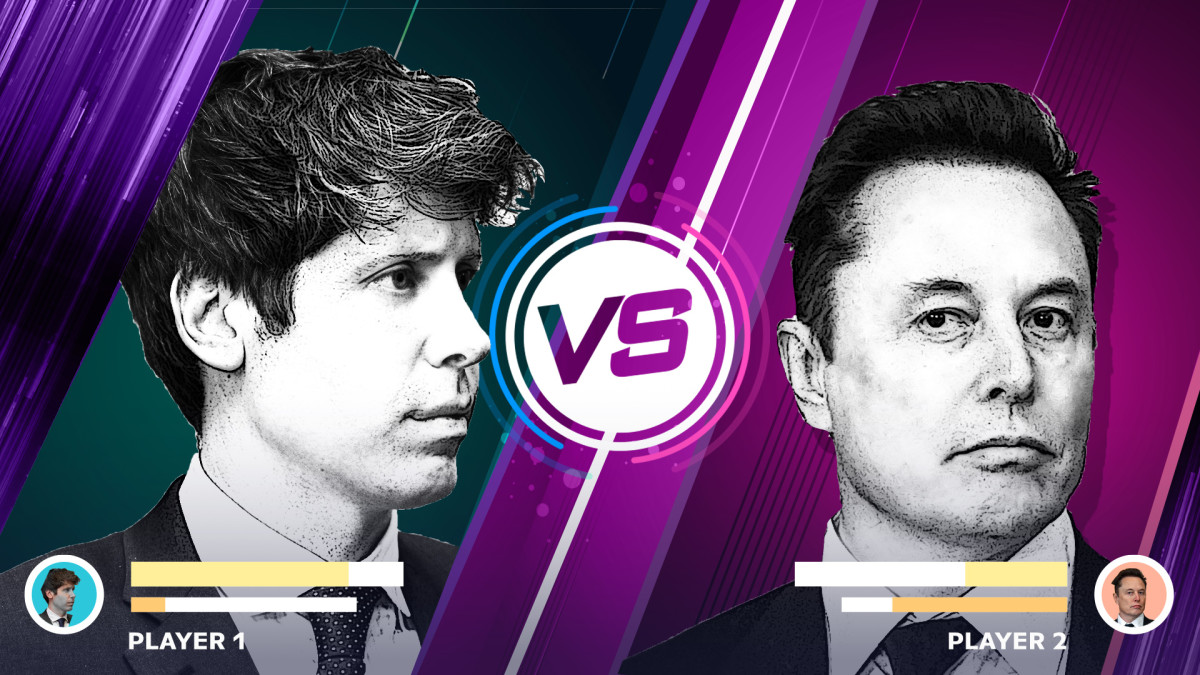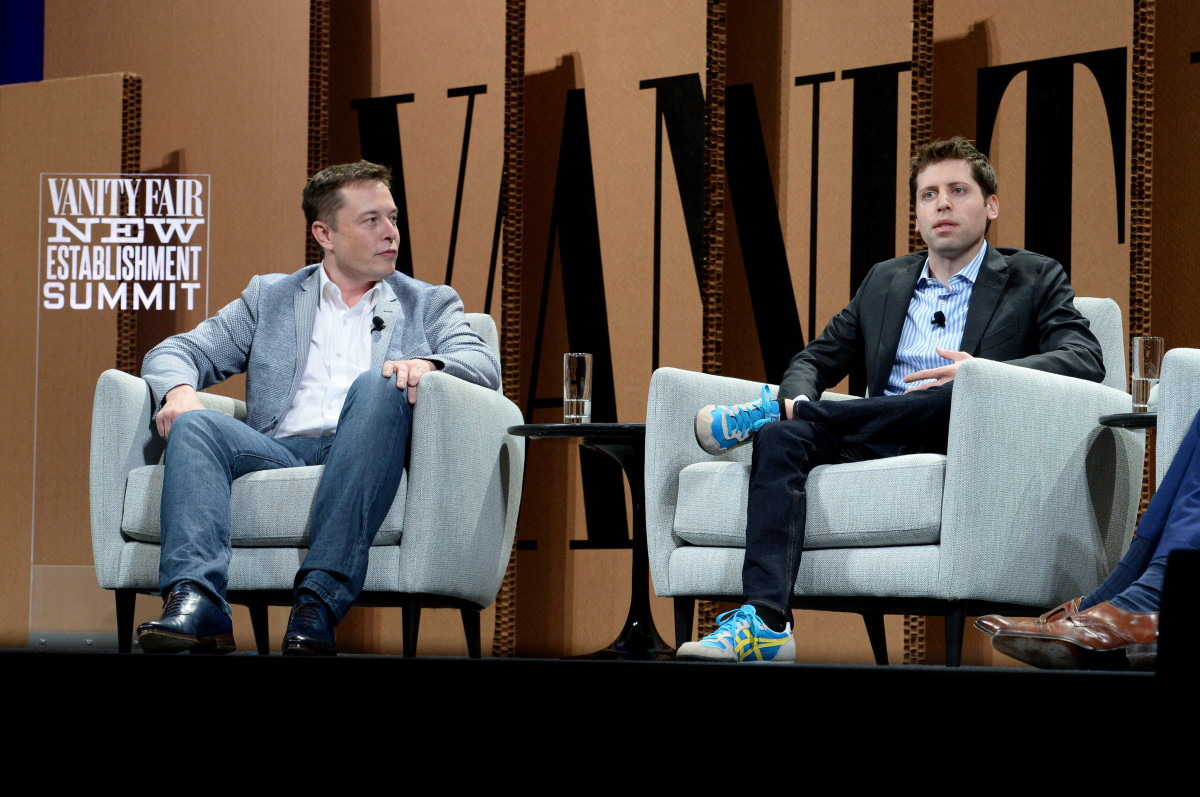
Last week, Elon Musk continued to make announcements that stopped people in their tracks by submitting an offer to acquire OpenAI.
The artificial intelligence (AI) startup responsible for building ChatGPT is one of the most closely watched companies in the tech space, rivaling the sector’s most prominent companies. It operates as a hybrid structure with both nonprofit and for-profit arms.
💰💸 Don’t miss the move: SIGN UP for TheStreet’s FREE Daily newsletter 💰💸
Almost as closely watched is CEO Sam Altman’s multi-year feud with Musk, an original OpenAI backer who helped found it in 2015.
Musk didn’t stay with the company for long, leaving it three years later. However, a group that he leads recently offered to acquire OpenAI’s for-profit subsidiary for $97 billion as a cash bid.
Despite publicly rejecting the offer, OpenAI’s leadership team seems to believe that Musk’s mission may not be finished. According to reports, they are considering taking steps to prevent it from proceeding further.

OpenAI is taking no chances when it comes to its Musk’s offer
Altman didn’t waste much time turning down the offer OpenAI received from Musk’s group. He posted to X “no thank you but we will buy twitter for $9.74 billion if you want,” slyly implying that X is worth substantially less now than when Musk purchased it for $47 billion in 2022.
This isn’t the first time that the two tech CEOs have taken shots at each other.
On January 21, OpenAI announced The Stargate Project, an initiative aimed at investing up to $500 billion in developing new AI infrastructure for OpenAI over the coming years. Musk called these claims incorrect, stating that Stargate’s backers did not have the necessary funds, although he provided no supporting evidence.
Related: Elon Musk, Sam Altman brawl over major AI deal
Now, this feud between Musk and Altman may have pushed the former to offer $97 billion to regain control of the company he helped build. As TheStreet reports, some experts speculate that the rivalry between the two may be a driving force behind his decision.
A blog post published by OpenAI lays out its complicated history with Musk. It states that he questioned the decision to establish it as a nonprofit, despite the consensus that a 501(c)(3) would allow it to work toward creating artificial general intelligence (AGI) tools to benefit humanity while “remaining unencumbered by profit incentives.”
For Altman, though, it clearly isn’t enough simply to reject Musk’s offer. A report from the Financial Times indicates that his team at OpenAI is considering granting special voting rights to its nonprofit board, although, as of this writing, no official decisions have been made.
This type of “outsized voting power” would ensure that the board retains control of OpenAI as it restructures. It would also allow them to overrule investors such as Microsoft (MSFT) and SoftBank (SFTBY) , two of the startup’s top backers.
According to Clay Grayson, an attorney whose firm specializes in nonprofit organization law, this decision from OpenAI is simply a “page out of the classic VC playbook.” As he sees it, the company’s actions should be seen as simply injecting greater nonprofit governance into its for-profit investment company.
- Anthropic CEO issues frightening warning on Chinese AI rival
- Mark Zuckerberg’s recent decision triggers social media backlash
- Tech stock CEOs have surprising take on upstart AI rival
“OpenAI is the founder and general partner of the limited partnership. Like any VC when acting in such a role, they will convey special rights to the upstream board,” he states. “That’s what’s happening at OpenAI. It’s an allocation of authority to the board that controls the enterprise.”
Can OpenAI make sure that Musk never takes it over?
Since Altman rejected Musk’s offer, the tech industry has been anxiously waiting to learn if he will take further steps. While he already has xAI, a startup that builds similar large language models (LLMs) to OpenAI’s, some experts have speculated that he may want to integrate other technology into his own.
Related: Elon Musk shocks the world with government office changes
Regardless of his ambitions, though, OpenAI may have found a way to successfully ensure that he isn’t able to take control. Grayson provided further context on the startup’s reason for this potential board voting change, stating:
“By allocating special voting rights upstream to the OpenAI board, they are creating a setup where the OpenAI board has certain approvals across for-profit investment enterprises.If designed strategically, those approval rights may give the OpenAI board either the control or the leverage to prevent someone from taking over the company or even possibly blocking a person from buying into the enterprise.”
He also highlights, though, that this type of decision is far from unusual, particularly for the VC space. “What is special here is that the VC is a 501c3 and it’s looking to fend off the world’s richest man,” he notes.
Related: Veteran fund manager issues dire S&P 500 warning for 2025







